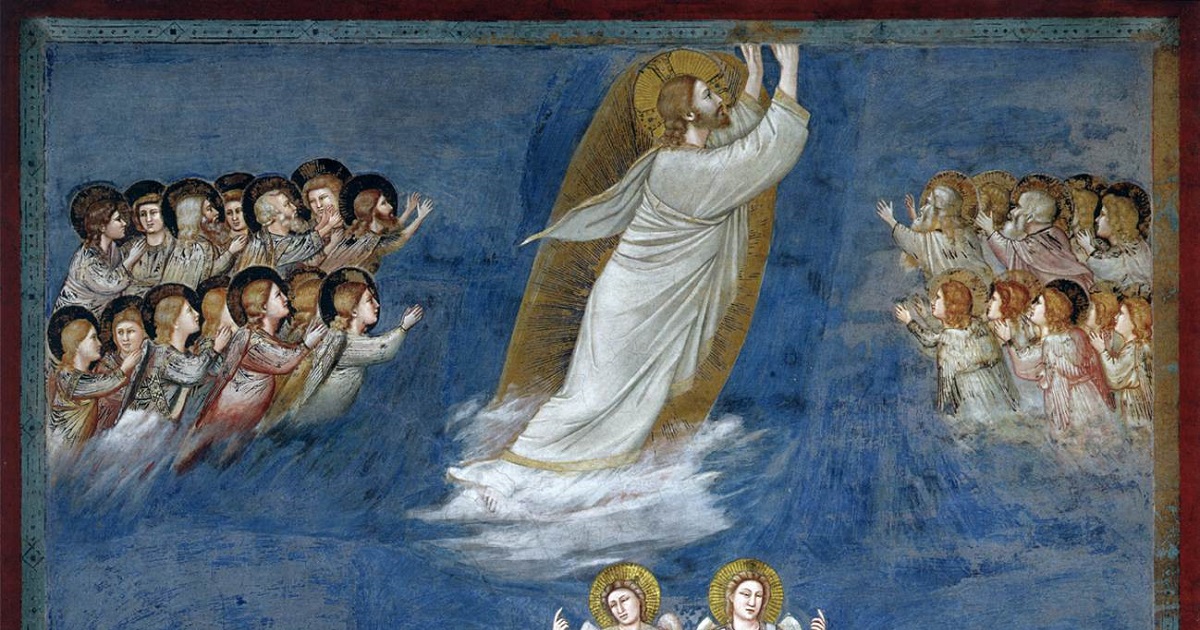
In this mini-series, pastor-scholar Todd Chipman walks us through 5 psalms for Holy Week. Each post is based on his Scripture Storyline: An Invitation to Biblical Theology (Fontes, 2020).
Jesus and the authors of the New Testament used Ps 110:1 and 4 to portray Jesus’ lineage from David and superiority over David. David was Israel’s great warrior king. Jesus descended from David’s line and through His death and resurrection won a victory that had greater consequences than any victory David enjoyed. Through the shedding of His own blood and resurrection in power, Jesus defeated death and the Devil.
The author of Psalm 110 recorded God’s oath that established Israel’s king in a place of political and cultic authority over the nation. The king is seated at God’s right hand (Ps 110:1) and God is at his right hand (Ps 110:5). God promised that the king would rule with power over his enemies, crushing foreign kings when God expressed His wrath against them through the king He placed over Israel (Ps 110:2-3, 5-6). The Lord swore to the king that he would serve not only as Israel’s ruler but as Israel’s priest forever, in accord with Melchizedek’s eternal priesthood. In Gen 14:17-24, Melchizedek served as the priest to God Most High in Salem. Melchizedek blessed Abraham when the patriarch returned from rescuing Lot from a cohort of kings who attacked the region of Sodom and Gomorrah. Melchizedek was recognized as a priest even before the Lord established Aaron and the Levites as priests. Melchizedek had no genealogy and was thus an eternal priest.
Descended from Royalty
While Jesus taught in the temple during the final week of His life, the Jewish leadership repeatedly tried to trap Him in a misstatement against the law. One day, the Pharisees and Sadducees approached Jesus in succession regarding paying taxes to Caesar (Matt 22:15-22//Mark 12:13-17//Luke 20:20-26), the resurrection (Matt 22:23-32//Mark 12:18-27//Luke 20:27-38), and the greatest commandment in the law (Matt 22:34-40//Mark 12:28-33). In each instance, Jesus avoided their trap and answered their questions with the same authority He had demonstrated throughout His ministry.
After Jesus endured this series of attacks from His Jewish opponents, Jesus questioned them about the family heritage of the Messiah (Matt 22:42//Mark 12:35//Luke 20:41). Jesus answered His own question by quoting Ps 110:1, noting that the Messiah would come through the family line of David. Jesus concluded His message to the Pharisees by claiming to be the Messiah, David’s Son by lineage and yet David’s Lord by position (Matt 22:44// Mark 12:36//Luke 20:42-43).
Raised to Rule from on High
Toward the end of his sermon at Pentecost, in Acts 2:34-35 Peter quoted Ps 110:1 to explain Jesus’ resurrection and ascension to God’s right hand. Peter quoted Ps 16:8-11 in Acts 2:25-28 and 31 as David’s prophecy that God would raise the Messiah from the dead. When David wrote Psalm 16, he could not have been prophesying his own resurrection, Peter argued, since David died, was buried, and did not exit the grave (Acts 2:29). David knew that God would set one of his descendants on the throne forever; the descendant of David whom God raised to eternal life was Jesus. Peter went further, noting David’s proclamation that God would raise up one of his descendants not only from the dead but into God’s presence in heaven, in fulfillment of Ps 110:1, “The Lord said to my Lord, ‘Sit at My right hand until I make Your enemies Your footstool’” (Acts 2:34-35).
Paul used imagery from Ps 110:1 to portray Jesus’ resurrection and ascension as the means of Jesus’ rule over spiritual forces that oppose God and the church. In 1 Cor 15:25, Paul described Jesus’ resurrection in the language of Ps 110:1, portraying Jesus’ victory over death as the dawn of the new age of victory for believers. In Eph 1:20-21 and 3:8-10, Paul wrote that God demonstrated His great power when He raised Jesus from the dead and set Him at His right hand in the heavens. God purposed that through the church He would make known His wisdom to the powers and authorities made subject to Jesus.
In Heb 1:13, the author of Hebrews called his readers’ attention to Ps 110:1 to show Jesus’ superiority over angelic mediators of the old covenant. According to Hebrews, after Jesus finished His self-offering for sin, He sat down at the right hand of God. In Heb 10:12-13, the author again noted that Jesus sits at God’s right hand until His enemies are made His footstool.
The Perfect Priest
The author of Hebrews saw in Ps 110:4 a framework by which he could defend his claim that Jesus had an eternal priesthood outside the line of Aaron. According to Ps 110:4, David’s kingship included a priestly function; since the Lord had promised that David’s throne would endure forever, his priesthood would also be eternal. In Heb 5:1-4, the author wrote that priests did not become priests of their own choosing but were called by God. Jesus too was called by God, in accord with God’s oath to David in Ps 110:4 when the Lord told David he would serve as a priest forever like Melchizedek (Heb 5:6, 10). Since Melchizedek served as an eternal priest, Jesus too has entered the Holy Place on behalf of sinners to serve as a high priest forever (Heb 6:20).
When Abraham paid tithes to Melchizedek, he validated Melchizedek’s priestly ministry (Gen 14:20). Even though Melchizedek was not of the Aaronic priesthood, pre-dating Aaron by several generations, he was recognized as a legitimate priest to God Most High. In the same way, Jesus was a priest even though He descended not from the tribe of Levi but from the tribe of Judah (Heb 7:17, 21). Jesus’ eternal priesthood, originating outside of the descendants of Aaron, brought about a change in the law and established the new covenant.


